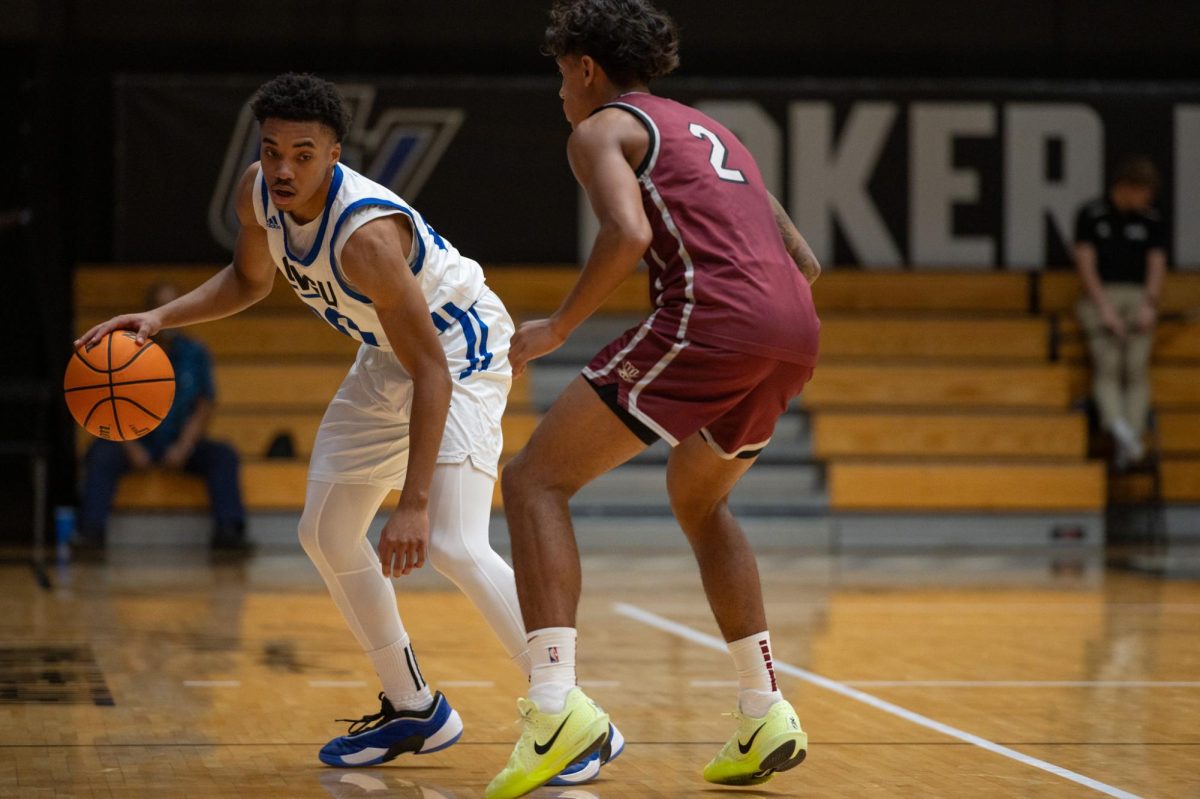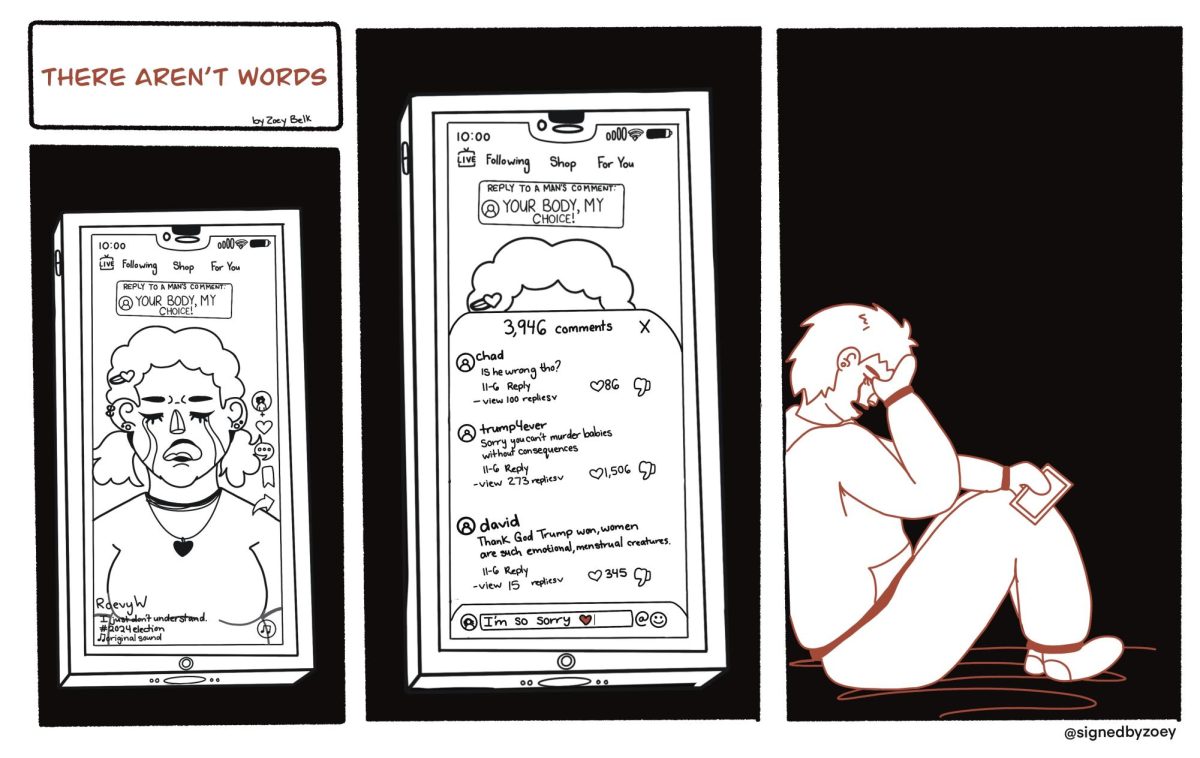Weighing in on scheduling decisions
Mar 3, 2016
As classes are finalized on myBanner and we all start to plan our schedules for the following year, all eyes turn to RateMyProfessor. You ask yourself if you really want to take an 8 a.m. lab with a professor who has a 4.9 rating and a chili pepper or if you’d rather take the 1 p.m. with the 1.6-rated professor. However, there are a number of things to take into consideration before deciding which classes to take with which professors.
Remember that often, ratings are not about the professor, but the student doing the rating and the interaction between the two. Naturally, different students are going to work well with different professors. You want to make sure you’re choosing the professors and classes that are best for your learning style and personality. Not all of the information everyone gives you will be useful.
Personally, almost all of my favorite professors have sub-par ratings on RateMyProfessor. So here’s my take on how I choose which professors to take.
You can weed out some of the bias on the site by not just looking at the numbers. Read what people have to say. If students hate a professor because they assign too much reading, and you love reading, you might love that class. If students love the professor because they’re helpful outside of class, and you frequently visit professors during office hours, maybe that’s the right pick for you. Compare your specific personal preferences for a professor’s teaching style to what people have to say.
While it may not seem too different from reading RateMyProfessor, make sure to ask people you know who have taken the class. Talk to friends in the major and see what they have to say and what they’ve heard. The major difference between this and the website is that RateMyProfessor is going to have people who either loved or hated the class and professor dominating the discussion.
When people talk more casually, it can be easier to get a variety of opinions and even lack of opinions. Many people don’t really have an opinion other than, “The professor was OK,” or, “The class was fine,” and taking those fairly neutral opinions into consideration can be important.
My most important technique is talking to other professors within the department with whom you’re already familiar. Often, they will be hesitant to talk about their colleagues, which is part of what makes their advice so important; they are careful about what they say. Sometimes, they won’t talk about it at all and suggest you ask other students, a perfectly reasonable response. When they are willing to give advice, however, it is helpful to have a source who can corroborate what other students have said to them and be able to synthesize it in a less-biased, helpful manner.
So, allow me to give you that advice with caution. It is worthwhile to ask professors with whom you’re close, but we should be careful not to make them uncomfortable or try to push them into a conversation they don’t care to have. A more comfortable way to approach asking a professor is to make it less about what other students have said or personal feelings, but instead make it about learning styles. They know your personality and your learning style, so they can understand how you in particular may mesh well or not with certain professors in the department.
Make the most informed decision you can when it comes to forming your schedule. Of course, every professor will likely have something you like about them and something you wish they’d do differently, but there will be still be some with whom you work best. Make sure to take the time to look into who you’re working with in order to optimize you’re learning and your network.
























